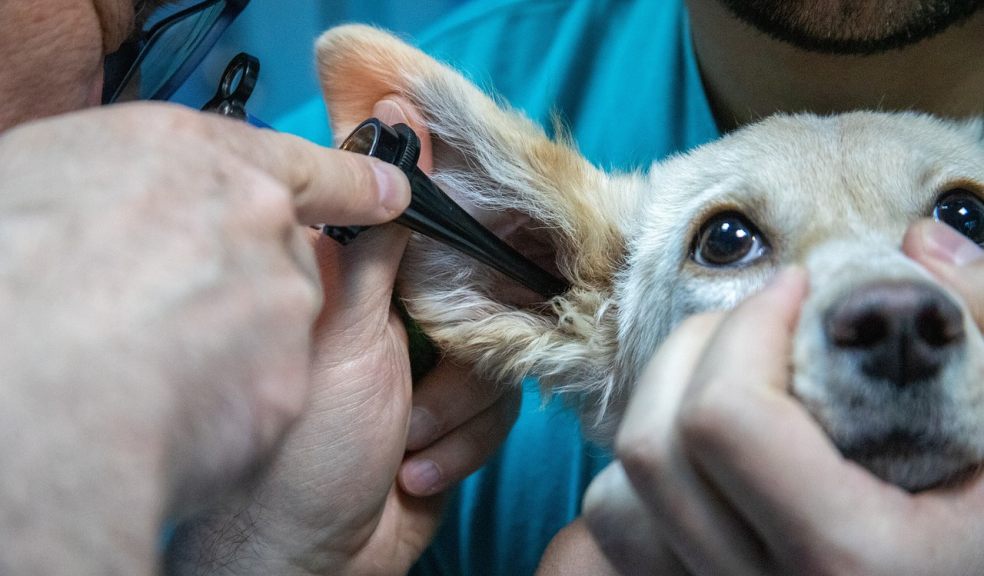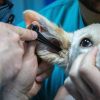
How to Deal with a Dog Attack at a Veterinary Clinic
Veterinary clinics are sanctuaries for our beloved pets, dedicated to their health and well-being. However, the stress and anxiety that some animals experience in clinical settings can lead to aggressive behavior, potentially resulting in a dog attack. When such incidents occur at a veterinary clinic, it's paramount to respond promptly and efficiently to ensure the safety of both the clinic staff and the animals involved.
Preemptive Measures and Awareness
According to Atlanta Advocate, the first line of defense against a dog bite at a veterinarian's office lies in preparedness and vigilance. Staff members should receive comprehensive training to recognize signs of stress, anxiety, or aggression in dogs. These cues may include growling, raised fur, baring teeth, and a stiff posture. When a dog displays these behaviors, proactive steps, such as using a muzzle, leash, or a secure enclosure, should be taken to prevent an escalation of the situation.
Calm and Confident Approach
When dealing with an agitated or aggressive dog, the veterinary staff should approach the animal with composure and self-assuredness. Abrupt movements or loud noises can exacerbate the dog's anxiety. It is crucial for the staff to employ a soothing tone of voice, avoid direct eye contact, and move slowly to reduce the dog's agitation.
Call for Immediate Assistance
When a dog's aggression intensifies to the point of posing a genuine threat, swift action is vital. Additional staff members should be summoned to help contain the situation and provide support.
Utilize Protective Gear
Protective gear, including gloves and bite-resistant jackets or sleeves, should be accessible to veterinary staff. These items serve as a shield against potential bites and scratches during a dog attack. The use of protective gear is particularly crucial when managing aggressive or anxious dogs.
Isolate the Aggressive Dog
In cases where a dog becomes unmanageable or poses a risk to other animals and staff, the dog should be isolated in a secure area. Most veterinary clinics are equipped with designated holding areas or kennels for this purpose. The dog should remain in the secure enclosure until it can be evaluated by a veterinarian or a qualified staff member.
Seek Immediate Medical Attention
In cases where a staff member sustains an injury during a dog attack, it is of the utmost importance to seek immediate medical attention. Dog bites can result in infections and other health complications. Adequate documentation of the incident is also crucial for insurance and legal purposes.
Report the Incident
All dog attacks at a veterinary clinic should be meticulously documented and reported. Reporting these incidents is instrumental in tracking patterns of aggression and can lead to enhancements in safety protocols. It also provides essential information for insurance claims or legal actions, if deemed necessary.
Revise Safety Protocols
In the aftermath of a dog attack, it is imperative to review and revise safety protocols at the veterinary clinic. This may encompass the refinement of procedures for managing aggressive dogs, offering additional training to staff, and ensuring the availability of protective gear. Regular safety drills can be beneficial in preparing staff for potential dog attacks.
Consider Behavioral Assessments
For dogs with a history of aggression or anxiety during vet visits, behavioral assessments conducted before appointments may prove advantageous. These assessments aid in identifying triggers and formulating strategies to mitigate stress and aggression in these dogs.
Educate Pet Owners
Vet clinics can also play an educative role by enlightening pet owners about the significance of proper pet socialization and training. Encouraging owners to expose their dogs to socialization at an early age and advocating for positive reinforcement techniques can help mitigate anxiety and aggression during vet visits.
Consult Veterinary Behaviorists
In cases of severe aggression or anxiety, consulting with a veterinary behaviorist may be essential. These professionals understand and can address behavioral issues in animals. Their insights and strategies can be invaluable for managing aggressive or anxious dogs in a clinical setting.
Dog attacks in a veterinary clinic are challenging situations, but they can be effectively managed. The safety of the clinic staff and the animals under their care should always be the top priority. By following these steps and taking proactive measures, veterinary clinics can create a safer environment for all.




















